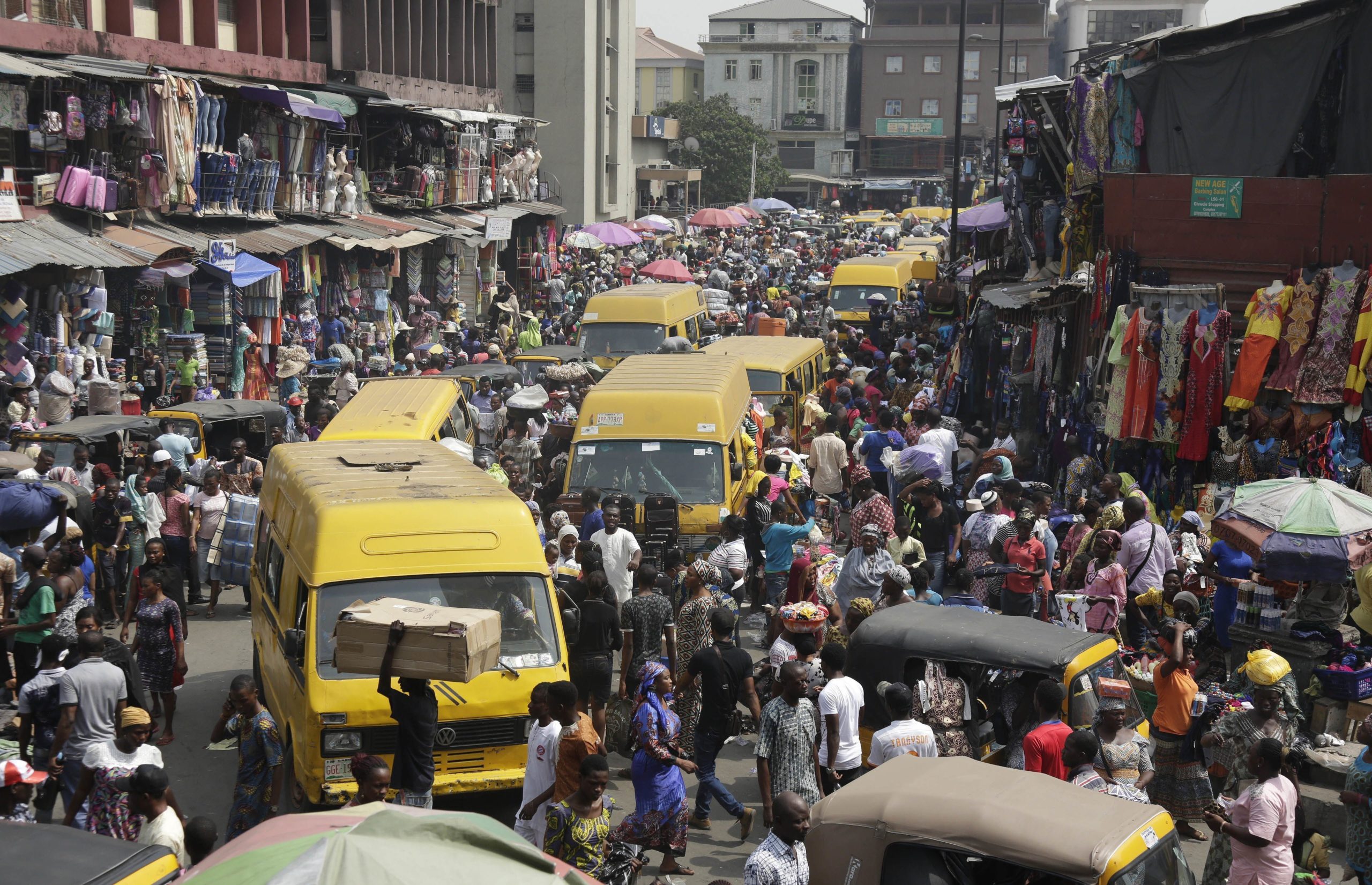- Nigeria One of 2016’s Worst-Performing Assets
A stock index tracking some of the world’s riskiest, potentially fastest-growing investments has missed out on this year’s global rally, the latest sign of the upheaval reordering financial markets.
The MSCI Frontier Markets Index of 22 small stock markets including Pakistan and Nigeria has risen 1.4% this year as of Monday, including price changes and dividend payments. That lags far behind the Dow Jones Industrial Average’s roughly 18% total return for 2016, as well as the 8.4% gain in the MSCI Emerging Markets index of larger developing nations.
Though investors are warned that it is subject to considerable volatility, the frontier-markets index hasn’t gained or lost 1% in a day since June 28, the longest such streak since the second half of 2012.
The poor performance and placid trading underscore the tough environment that frontier markets face at a time of slowing global trade, tepid economic growth and increasingly nationalist politics that could limit movement of capital.
Gains in the Dow and the MSCI Emerging Markets index after sharp early 2016 declines suggest investors have recovered their appetite for risk.
But the lagging performance of the frontier index shows that tolerance goes only so far, reflecting the idiosyncratic risks of developing nations as well as individual countries’ economic challenges.
“Right now, you’re at the nascent stage of potentially a recovery of the globe, and those countries won’t recover until late in the cycle,” said Laura Geritz, chief executive of Rondure Global Advisors, a boutique asset manager with a focus on developing markets.
At a time when the dollar is rallying and commodities booming, frontier markets are weighed down by their heavy weighting in banks and other financial shares.
Among the top five countries in the frontier index, economies in Argentina and Nigeria are expected to contract in 2016, while Pakistan, Kuwait and Morocco are expected to post subpar growth relative to the past decade.
Thanks to the disappointing performance, investors pulled $840 million in 2016 from frontier-market funds through Dec. 21, according to EPFR Global.
Dramatic currency swings in 2016 in Nigeria and Egypt also sent a shudder among foreign investors. The Global X MSCI Nigeria ETF is down 39% so far this year. The African nation’s decision to devalue its currency by nearly 40% and adopt restrictions on dollar exports left investors with hefty losses.
Some managers say the frontier index’s underperformance has created a buying opportunity in many stocks. Frontier stocks are relatively cheap compared with their emerging counterparts. Over the past year, frontier equities traded at around a 20% discount to emerging stocks based on valuations, the largest gap since 2009, according to MSCI.
Many frontier economies are still expected to grow at a much faster clip than their counterparts in the developed or emerging world.
Demographics in places like Bangladesh, Vietnam and Morocco are favorable, likely pointing to growth in many consumer-driven sectors. At the same time, energy-exporting countries such as Nigeria and Kuwait are under the pressure to reform their economies given that oil prices are expected to stay low.
Dubai-based Duet FIM Partners Ltd., one of the largest frontier-market managers with $1.35 billion of assets, likes companies that can establish themselves as the retail industry becomes modernized. One of their picks is Olympic Industries Ltd., the largest biscuits maker in Bangladesh. The company has been rapidly expanding its production lines to churn out the premium cookies that locals are willing to pay top dollar for. In the third quarter, earnings grew more than 20% over the same period last year.
“If you’re picking the right companies, their stories are real growth,” said Matthew Vogel, chief strategist at FIM Partners, which has posted an annualized return of 8.9% as of mid-December, according to an investor in the fund.
The Harding Loevner Frontier Emerging Markets Fund has 4.4% of its assets invested in Safaricom, Kenya’s largest mobile network operator, according to portfolio manager Pradipta Chakrabortty. Backed by a 40% investment and the management team from Vodafone Group PLC, the company has built up the widest network coverage and the widest distribution reach in Kenya, helping it generate 46% growth in its mobile data revenue in the first half of the current fiscal year.
“When you have these markets where valuations have been cheap and underlying fundamentals not changed, it’s easier for you to buy them,” he said. The fund is up 1% through Dec. 23.
Yet many investors expect frontier markets to rebound only after a long and steady recovery in developed and emerging countries, which would eventually lead assets to trickle down into these small markets.
“It’s just a patience game,” Ms. Geritz said. “Once the dollar weakens, it’ll be a quick move in those markets.”


 Billionaire Watch3 weeks ago
Billionaire Watch3 weeks ago
 Startups4 weeks ago
Startups4 weeks ago
 News4 weeks ago
News4 weeks ago
 News4 weeks ago
News4 weeks ago
 Bitcoin4 weeks ago
Bitcoin4 weeks ago
 Naira4 weeks ago
Naira4 weeks ago
 Forex3 weeks ago
Forex3 weeks ago
 Treasury Bills4 weeks ago
Treasury Bills4 weeks ago
























